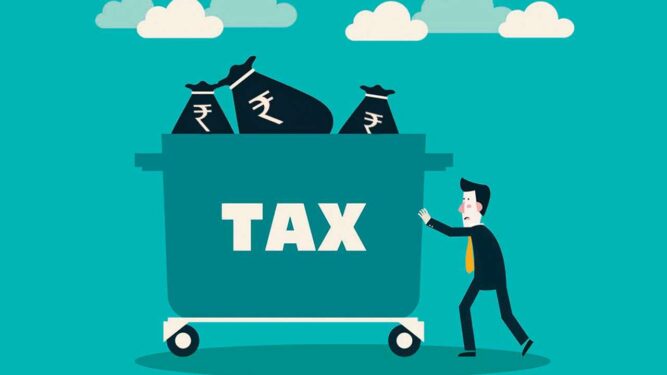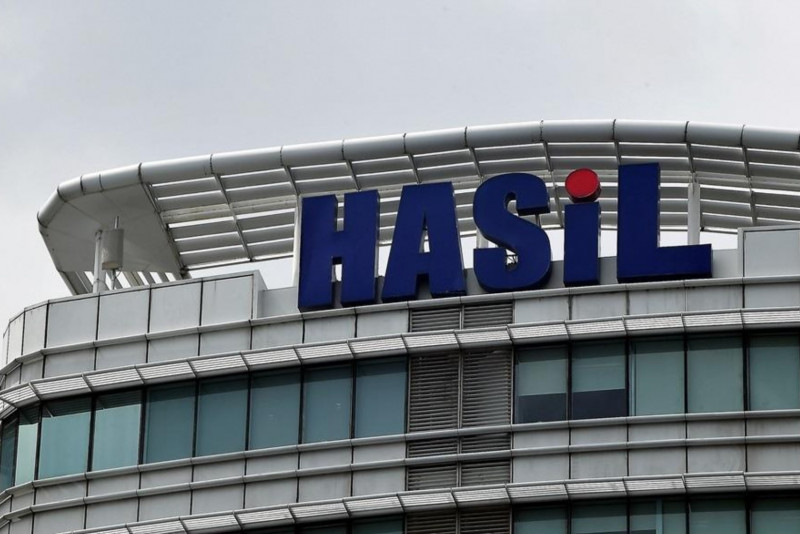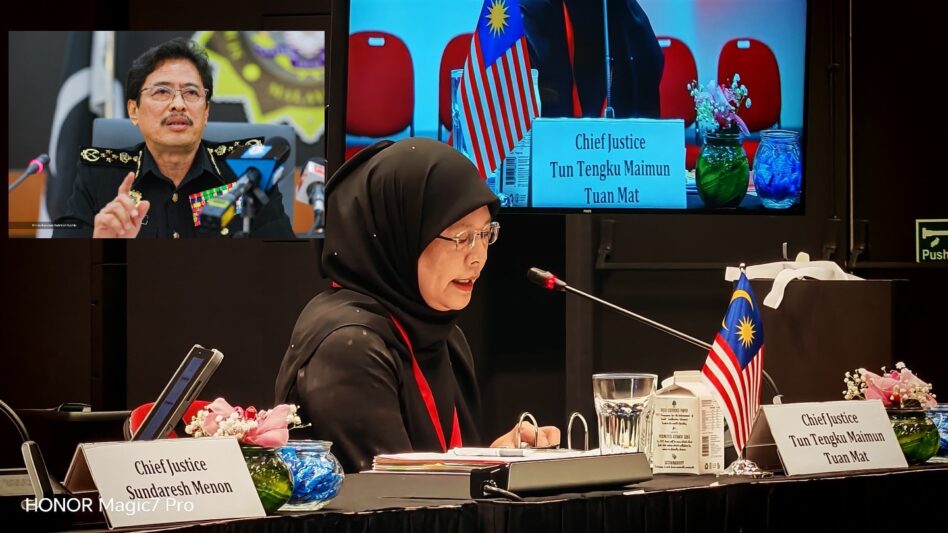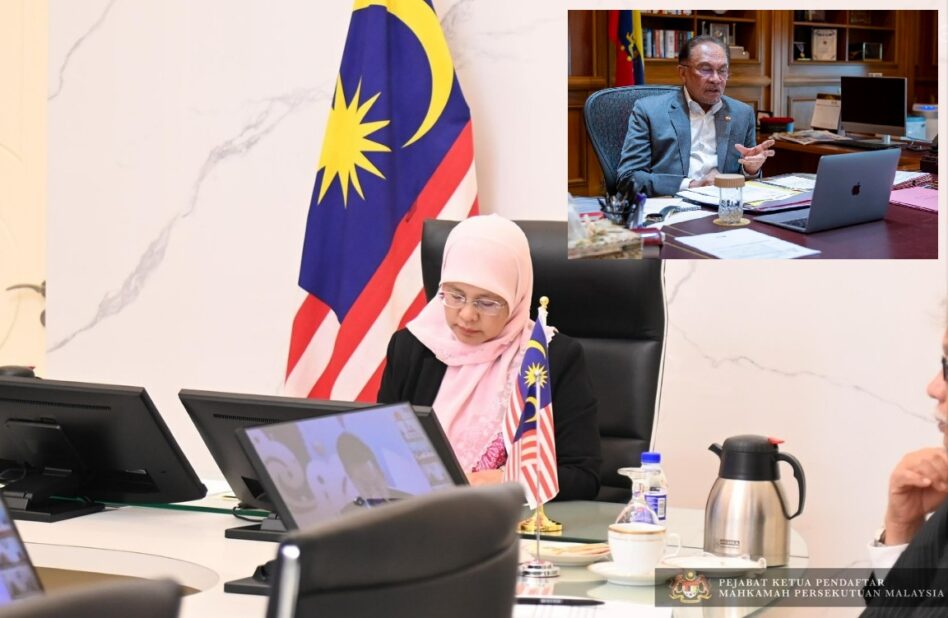LOCAL councils commonly referred to as Pihak Berkuasa Tempatan (PBT) is an important provider of local infrastructures and enforcers of rule of law.
However, majority of non-Federal Territories-based PBTs are not financially sustainable, thus jeopardising the ability to execute its obligations.
Henceforth the federal government had to assists PBTs through financial grants and federalising certain PBTs roles.
However, the methodology of assistance practice by the federal government widens both the federal government’s fiscal deficits and development inequality.
Financial health of PBTs
For 2019, about 71 PBTs suffered operational deficit worth RM716 mil.
District councils makes up 54% of all PBTs in deficit. However, eight city councils represent 24% of the total deficit amount.
The numbers of financial stressed PBTs will be higher without the federal government grant worth RM430 mil to PBTs.
The federal government grants to PBTs are divided into two categories namely operational grants and grants for traffic lights and streetlights.
The operational grants for PBTs represent 66% of total grant value from federal government.
In 2019, Kangar Town Council (MP Kangar) was in deficit of RM2.2 mil but made a surplus of RM700,000 after receiving federal grant worth RM2.9 mil.
Meanwhile, 37 PBTs had revenue below RM10 mil with 70% of them located in Borneo-Malaysia.
Contrary to popular belief, PBTs in Borneo-Malaysia received only about 20% of total PBT grant from the federal government.
Rural-based PBTs with large jurisdiction area but small population struggle to provide basic services.

Source of PBTs’ financial constraints
Primary source of income for PBTs are property assessment taxes, business license and planning fees.
Secondary income for PBT consists of rental and fees such as parking space, public markets, public food courts, signboards and advertisements.
Property assessment taxes commonly known as “cukai pintu” are charged biannually in February and August each year.
The uncollected property assessment tax rate per annum is 13.5% for city council, 15.8% for town council and 25.7% for district council.
Besides that, PBTs have a high ratio of collection cost versus tax collected.
The PBTs spends substantial amount for operating payment counters, legal departments and commission for third-party payment channels which reduce their available funds.
Majority of property assessment tax errands can be categorised into three groups of people.
The first group are property speculators that owns multiple properties in multiples towns. Property speculators has the worst track record of paying Joint Management Body (JMB) maintenance fees, quit rents and property assessment taxes.
The federal government allows deductible expense including property assessment tax on the rental income.
The tax deductible does not reach the PBTs because LHDN accepts property assessment bill without proof of payment for tax deductions.
The second group are people willing to pay but failed to receive the tax assessment bill.
Examples include senior citizens staying with their adult children, retirees with a second property in big cities for additional rental income to sustain their retirement fund and house owners residing overseas.
Most PBTs ask for unique account numbers instead of MyKad, making it harder to retrieve the online bill.
The third group are zero-income individuals who inherited the property from deceased family members.
This group is made up of widowed senior citizens or precarious youths who do not have sufficient income to pay the property assessment rate.
Impact of PBTs’ financial constrain
The adverse impact of PBTs’ financial constrain can be sub-divided into three categories, namely skipping essential payment, minimising development expenditure and increase non-taxes revenue.
First, certain PBTs with chronic cash flow problems prolong payments to suppliers, contract and utilities which hurts local business and delays wage payment by contractors to workers.
The cumulative outstanding arrears by PBTs to Indah Water Konsortium (IWK) PBTs until 2020 was RM13 mil.
Secondly, minimising development expenses by PBTs translates to poor road conditions, absence of streetlights, clogged drainage systems and weak solid waste management.
The insufficient funds reduce PBTs’ ability to expand enforcement officers to enforce food cleanliness and public hygiene.
These increase the probability of traffic accidents, mosquito-related diseases, food poisoning and rodent infestation thus putting pressure on federal-operated public healthcare.
Furthermore, PBTs’ pursuance of legal measures to recoup outstanding taxes is straining the federal-funded judiciary system.
The inability of PBTs to employ sufficient enforcements officers allows rule of thug to thrive and there will be an increase in the number of illegal parking fees collectors, and illegal plastic burning centres protected by thugs, for example.
Similarly, PBTs undertake inhumane treatment of stray animals due to funding restriction for animal shelters.
Land in semi-urban and rural areas are cheaper but new industries refuse to invest because of weak local infrastructure.
Thus, semi-urban and rural areas suffer from weak employment and income capacity forcing outward migration to overcrowd certain urban areas.
Finally, PBT will squeeze non-tax revenues such as monetising social obligations and increasing rentals.
PBT either introduce or increase rental rates from public food courts, public markets, town halls, footballs fields and public toilets.
This leads to higher cost of living for the local people.

Federalise PBTs’ assessment tax collection
The federal government through Inland Revenue Board (LHDN) should take over the collection property assessment taxes.
The PBTs could submit tax invoice to LHDN which could be collected together with the annual income tax.
The consolidated tax channel to pay the property assessment tax for multiple properties reduces compliance cost and time.
Instead of providing tax refunds to property speculators, LHDN can transfer the property assessment tax to respective PBTs.
Besides that, LHDN has better resources to ensure tax collection compared to PBTs from errands individuals.
Later this year, LHDN will be introducing a compulsory Tax Identification Number (TIN) for Malaysian above age of 18 years.
However, LHDN must avoid unique TIN by synchronising with MyKad to make it easier for people to remember.
The ease of tax payment will simultaneously improve voluntary tax payment and collection amount.
Generally, LHDN over-deducts for withholding tax from monthly wages which will be refunded after annual tax filing.
Collection of property taxes assessment by LHDN reduces tax refunds for most people.
However, individual taxpayers do not have to save up or curtail spending for the biannual property assessment tax, therefore improving cash flow for majority of the individual taxpayers.
Synchronising income tax with property assessment taxes will provide the tools to evaluate if the individual genuinely does not have the financial capacity to pay the property assessment taxes.
The federal government should provide targeted payment assistance to these financial incapable individuals.
Moving forward
Rural PBTs require greater funds to improve local infrastructure and governance before reaching the inflection point for organic growth in financial and administrative capacity.
The deep deficit of urban PBTs are crowding out funds from the federal government.
The fundamental issue for PBTs is weak property assessment tax collection.
Therefore, the federal government should federalise PBTs’ property assessment tax through LHDN.
Subsequently, PBTs grants can be targeted to rural and semi urbans based PBTs.
The federal government should also provide targeted assistance pay property assessment tax for zero income households.
This is optimum methodology as it provides maximum results with minimal resources. – Feb 9, 2022
Sharan Raj is a human rights activist, environmentalist and infrastructure policy analyst.
The views expressed are solely of the author and do not necessarily reflect those of Focus Malaysia.









